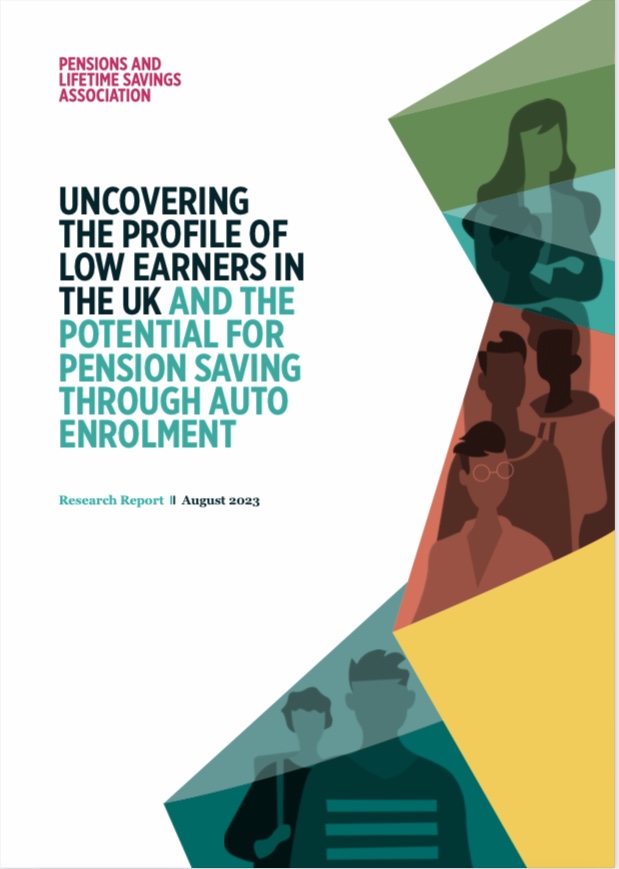Zimbabwe: Pensioners Drown in Poverty As Companies Hold on to $47 Billion Deductions
HAVING grown up in the rural community of Chiriseri in Bindura South, Backdoor Mhunza says he witnessed the disgusting twist of circumstances which can ensue one in his old age due to reduced incomes. From experience, Mhunza could tell how chronic diseases may end up escalating among the aged who find themselves helpless and struggling to meet their basic needs, let alone paying for their medical treatment. Such childhood lessons left lasting impressions and since primary school Mhunza vowed that the...










